As the world prepares for COP28 later this month in Dubai, Africa stands at a critical juncture. While the continent is blessed with an abundance of solar, wind, wind, hydro and geothermal resources, it faces the daunting challenge of securing the financing required to transform its energy systems and the pressing issue of widespread energy poverty. The 2023 Africa Climate Forum held last month in Abuja, Nigeria, brought together experts and stakeholders to delve into this important issue and explore innovative pathways towards unlocking Africa’s renewable energy potential.
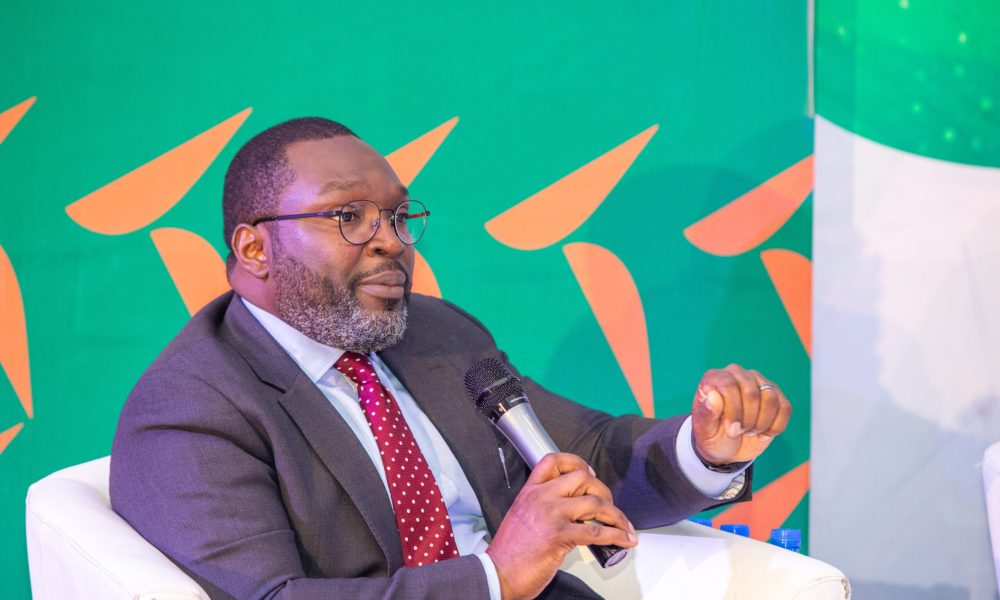

Africa is on the cusp of a transformative shift in the global agro-industrial landscape. This, perhaps above anything else, has the potential to usher countries across the region into a new era of prosperity and inclusive economic growth. The agricultural sector has long been the backbone of Africa’s economies, providing livelihoods to between 60–65% of the total population. However, it is the integration of agro-processing into this equation that has the potential to drive transformative change – both in meeting domestic demand and driving exports. This is not something possible sometime in the distant future; it is already taking place.
The African Continental Free Trade Agreement (AfCFTA) is a potentially groundbreaking trade pact between 55 member countries aiming to generate a single market supplying 1.3 billion people with a $3.4 trillion GDP combined. Under the AfCFTA, member countries have a platform to consult and engage extensively to reach common ground on various aspects of trade, including tariffs, trade advancement customs procedures, and regulatory coherence. Through these negotiations, countries could potentially harmonize their trade laws and align them with the objectives of the AfCFTA.

Unlocking market access in Africa through linkages with local firms is a strategic approach that can lead to significant business opportunities and growth for foreign investors and local businesses. Africa’s vast and diverse markets offer immense potential, but navigating the complexities and unique challenges of the continent requires a collaborative and inclusive approach.
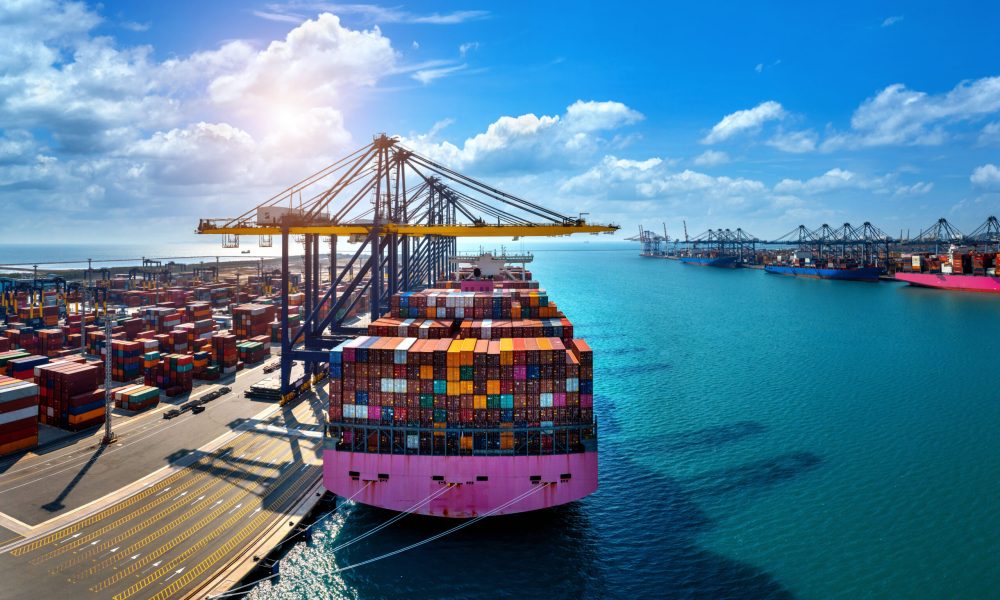
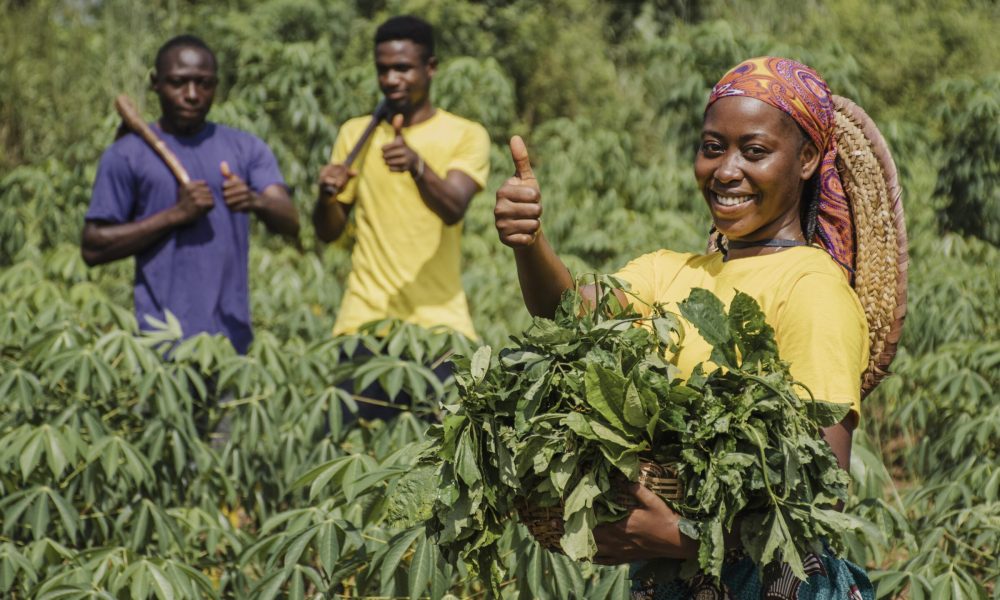
The Special Agro-industrial Processing Zones (SAPZ) in Nigeria hold great promise for transforming the country’s agricultural sector and driving inclusive economic growth. These designated zones are specifically designed to prioritize agro-processing activities, aiming to promote value addition and rural development, create employment opportunities, enhance agricultural productivity, and attract both domestic and foreign investment. They have been a critical part of the transformation of the agri-business sector in Vietnam, Thailand, Malaysia, and China.
With ongoing developments in the range and scope of climate finance available to support the pursuit of the global decarbonisation agenda, closing the infrastructure financing gap in Low and Middle-income countries is increasingly possible, despite the significant investment that needs to be mobilised to achieve the 2030 Sustainable Development Goals (SDGs).


In the lead up to Dakar 2: Feed Africa Summit and the 2nd Dakar Financing Summit taking place this month in Senegal, AP3 Advisory team have pulled together an Insight Report that explores how African countries can leverage AfCFTA – African Continental Free Trade Area for positive FDI that contributes to sustainable and inclusive economic growth.
At the Nasarawa Investment Summit held between 11 and 12 May 2022, the Managing Partner of Africa PPP Advisory Services, Gori Olusina Daniel, presided over the plenary session on “Innovative Solutions to Complex Problems: Financing Infrastructure in Subnationals.” The plenary was focused on exploring innovative approaches for financing the delivery of sustainable infrastructure at the subnational level, given the prevailing fiscal constraints faced by subnationals and the opportunities available in the private sector.
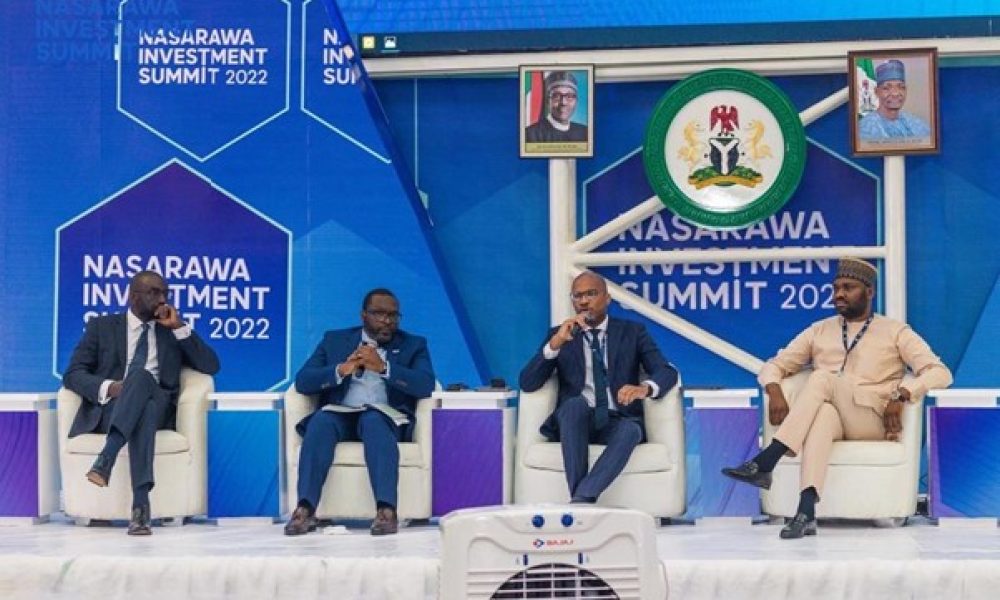
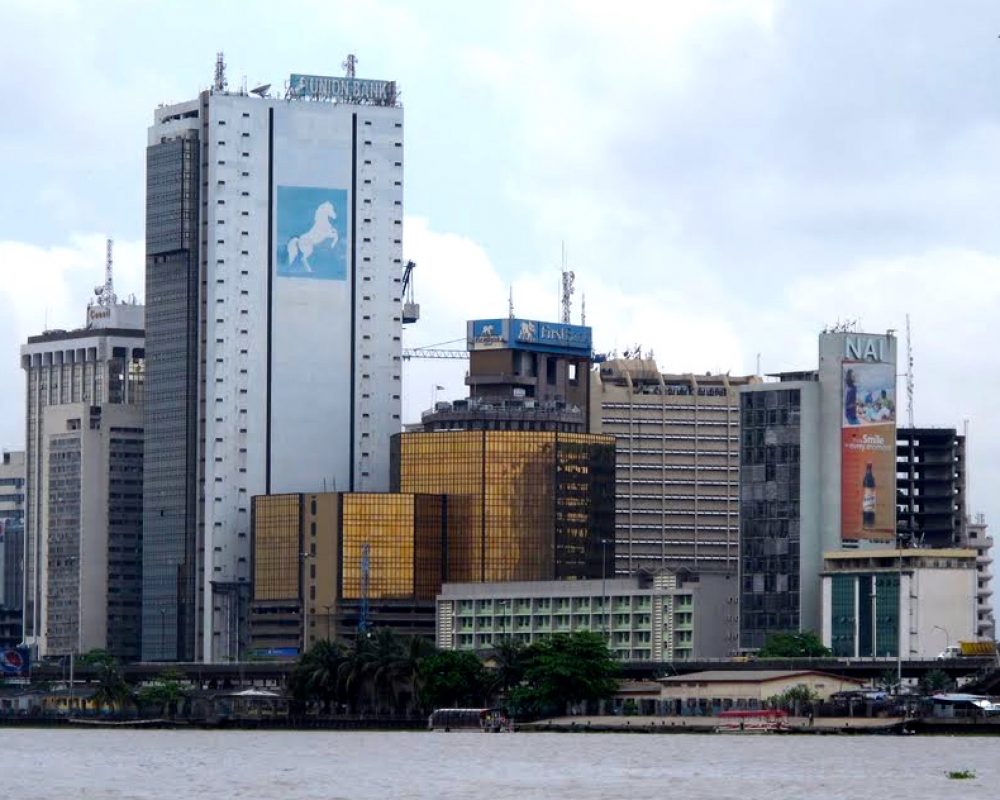

The United Kingdom Nigeria Infrastructure Advisory Facility (UKNIAF) works to improve climate awareness across key infrastructure agencies in Nigeria. Our interventions are designed to promote and support Nigeria’s transition to a low carbon climate resilient approach to the planning and implementation of infrastructure projects. This blog examines how through technical assistance provided by UKNIAF’s Infrastructure Finance (IF) Component, UKAID has established a $7bn pipeline of infrastructure projects for private sector participation and investment in Nigeria.

© 2021 Africa PPP Advisory Services. All Rights Reserved.
| Cookie | Duration | Description |
|---|---|---|
| cookielawinfo-checkbox-analytics | 11 months | This cookie is set by GDPR Cookie Consent plugin. The cookie is used to store the user consent for the cookies in the category "Analytics". |
| cookielawinfo-checkbox-functional | 11 months | The cookie is set by GDPR cookie consent to record the user consent for the cookies in the category "Functional". |
| cookielawinfo-checkbox-necessary | 11 months | This cookie is set by GDPR Cookie Consent plugin. The cookies is used to store the user consent for the cookies in the category "Necessary". |
| cookielawinfo-checkbox-others | 11 months | This cookie is set by GDPR Cookie Consent plugin. The cookie is used to store the user consent for the cookies in the category "Other. |
| cookielawinfo-checkbox-performance | 11 months | This cookie is set by GDPR Cookie Consent plugin. The cookie is used to store the user consent for the cookies in the category "Performance". |
| viewed_cookie_policy | 11 months | The cookie is set by the GDPR Cookie Consent plugin and is used to store whether or not user has consented to the use of cookies. It does not store any personal data. |